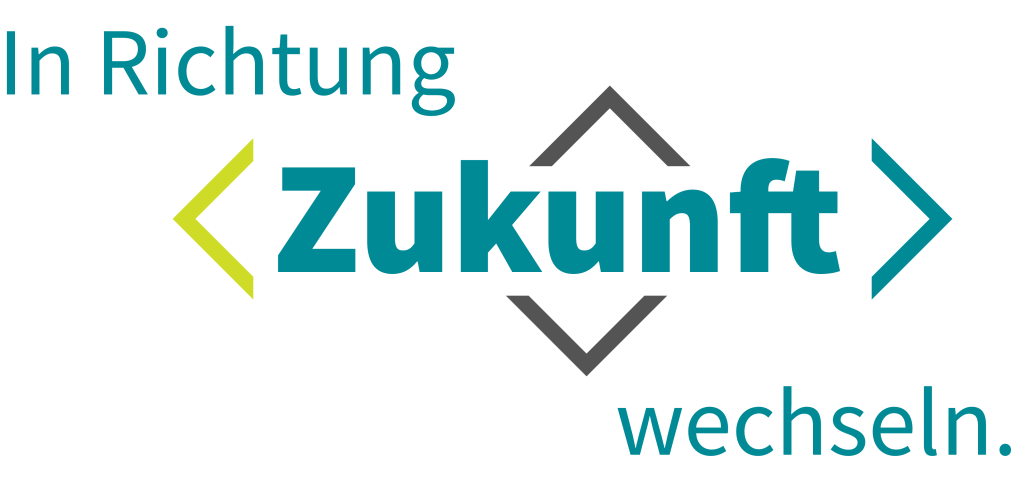
FACTS & FIGURES
In Austria, the recidivism rate is consistently at around 31%
35% of incarcerated people in Austrian prison facilities are affected by functional illiteracy
44% of incarcerated people who are willing to work cannot be employed in prisons
The suicide rate for incarcerated people is 13.6 times higher than the suicide rate in the Austrian general population

WHY
RICHTUNGSWECHSEL?
The current situation needs a Change of Direction!
Incarcerated people often reoffend after their release, and many are convicted again. We believe that repeat convictions are preventable.
We want to tackle this challenge because behind every repeat conviction is a crime that not only burdens individuals, our society, and the justice system, but also represents wasted potential.
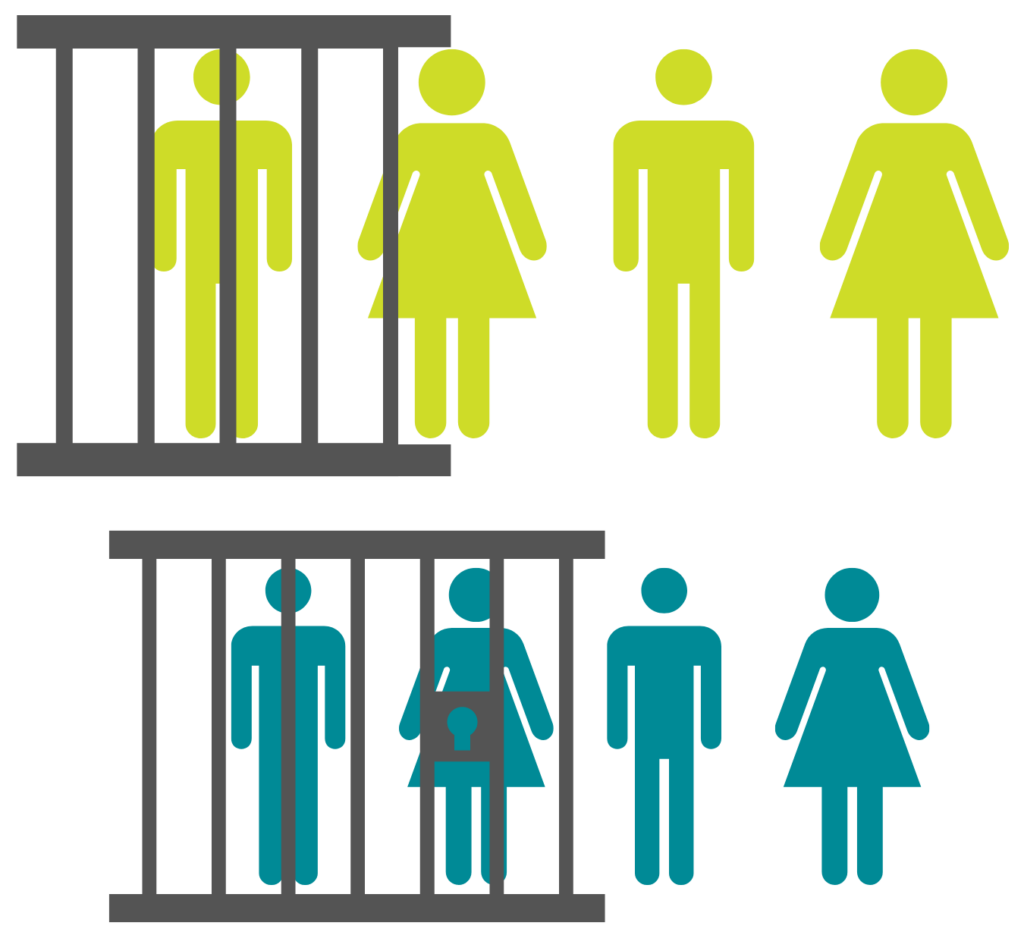
Nearly one in three (31%) adults are convicted again within four years of their release – juveniles reoffend at a rate of 55% and return to the justice system in Austria.
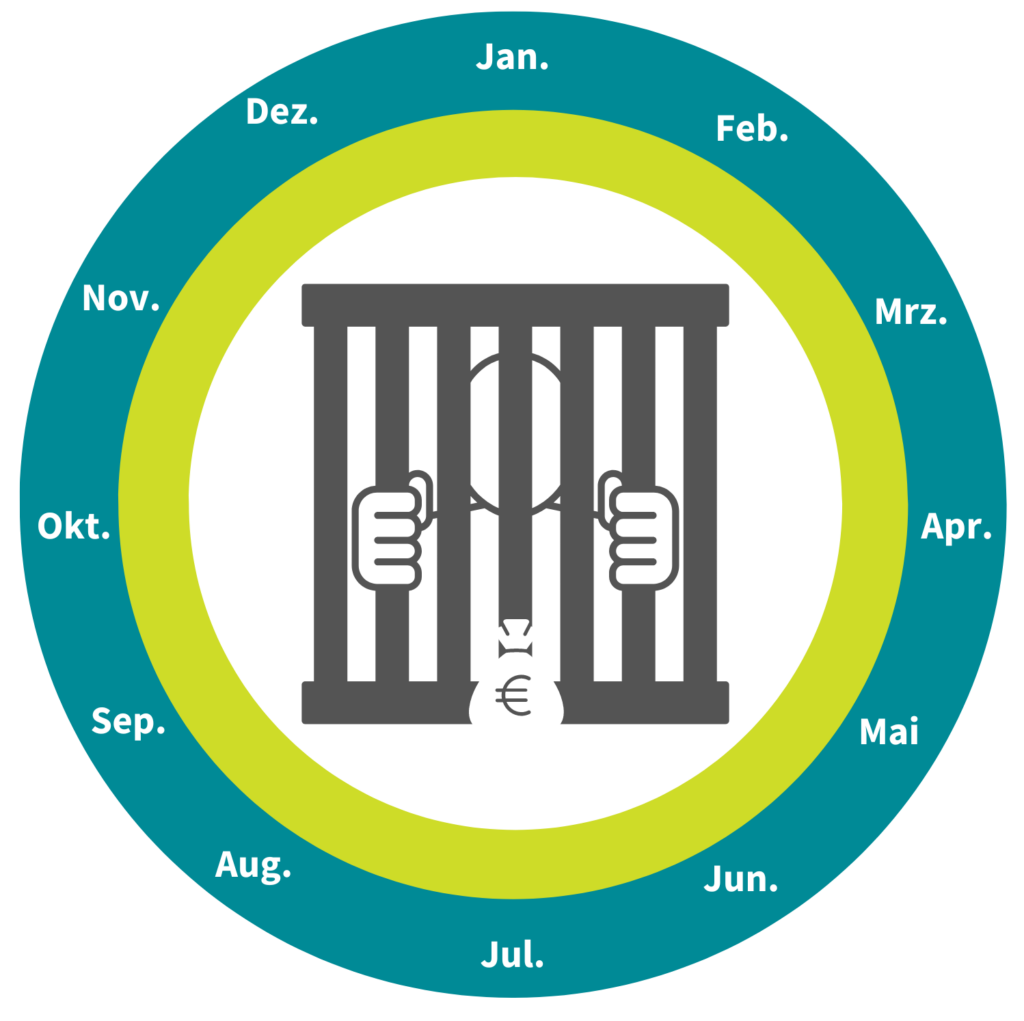
Imprisoning one person costs nearly €60,000 annually in Austria. Each repeat conviction incurs costs for police investigation and prosecution, borne by taxpayers.
The costs of inadequate rehabilitation cannot solely be quantified financially. The more recidivism occurs, the more people become victims of criminal acts, affecting both victims’ families and the families of perpetrators significantly. Especially children growing up while their parents are incarcerated bear a heavy burden. The time spent in prison facilities also affects the perpetrators themselves:
- Formerly incarcerated individuals face greater challenges in finding employment and housing after release;
- Incarcerated individuals are more vulnerable to suicide and self-harm than the general population;
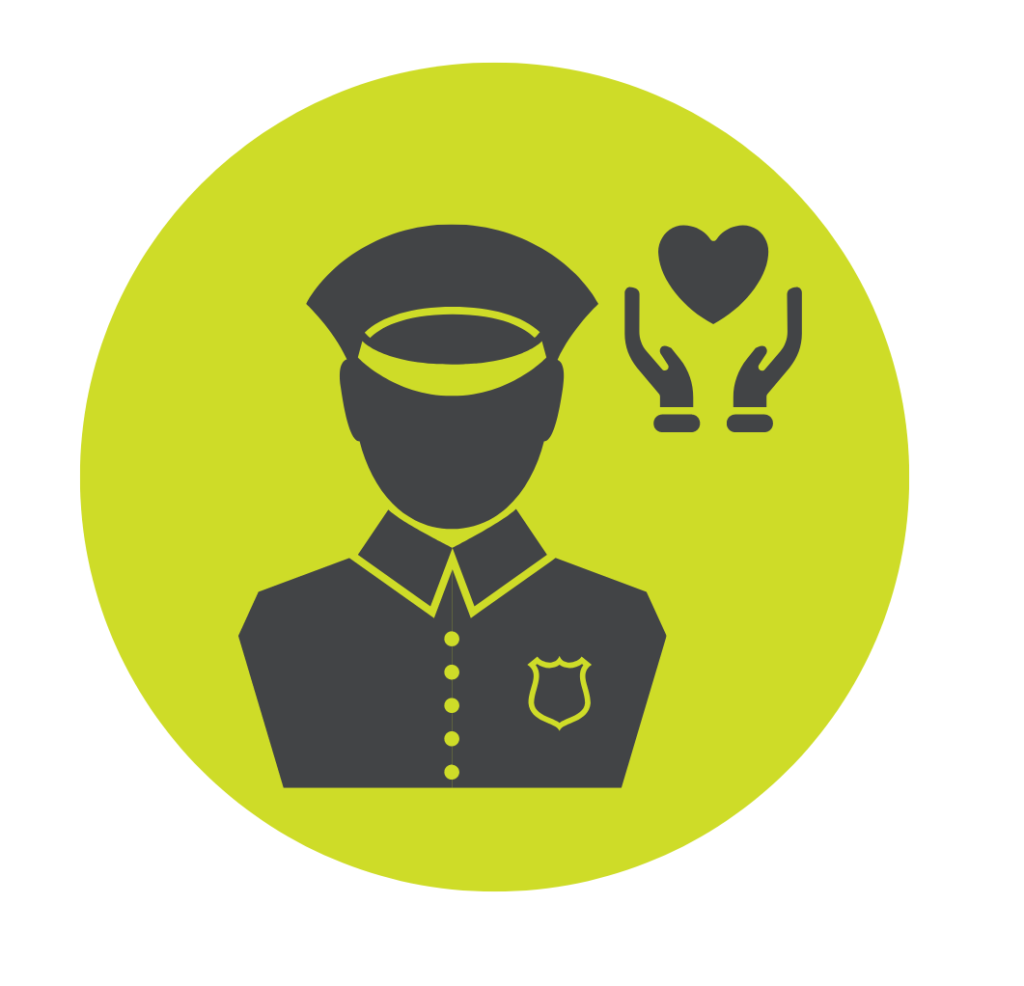
The professional relationships that incarcerated individuals build with prison officers are crucial for preventing suicide and self-harm attempts and significantly contribute to their well-being and rehabilitation as well as a positive prison environment.
Richtungswechsel aims to address these challenges. It is internationally recognised that incarcerated people can transition away from crime through dedicated support, professional interactions with prison officers, and societal engagement.
Society plays a crucial role in rehabilitation too. However, currently and formerly incarcerated individuals continue to face exclusion from our society, and the public rarely engages with their role in rehabilitation efforts. Therefore, Richtungswechsel is committed to exploring new ideas and innovative solutions to successfully manage rehabilitation with societal engagement.
We aim to empower incarcerated people and prepare them for life outside prison walls to prevent emotional, physical, and financial costs associated with crime in the future. We also seek to embrace the diversity of our society as potential.

In Austrian prisons, individuals with diverse backgrounds and experiences serve their sentences. Our justice system is as heterogeneous as our society.
It is a major concern of Richtungswechsel to reflect and promote this diversity within the staff working inside prisons. We aim to support individuals on their path to joining the prison service who embody the values of cultural diversity and equal treatment for all, and who can make a difference in the prison environment with their own diverse experiences. Together, we facilitate new perspectives, productive interactions, and the opportunity to collectively change direction.
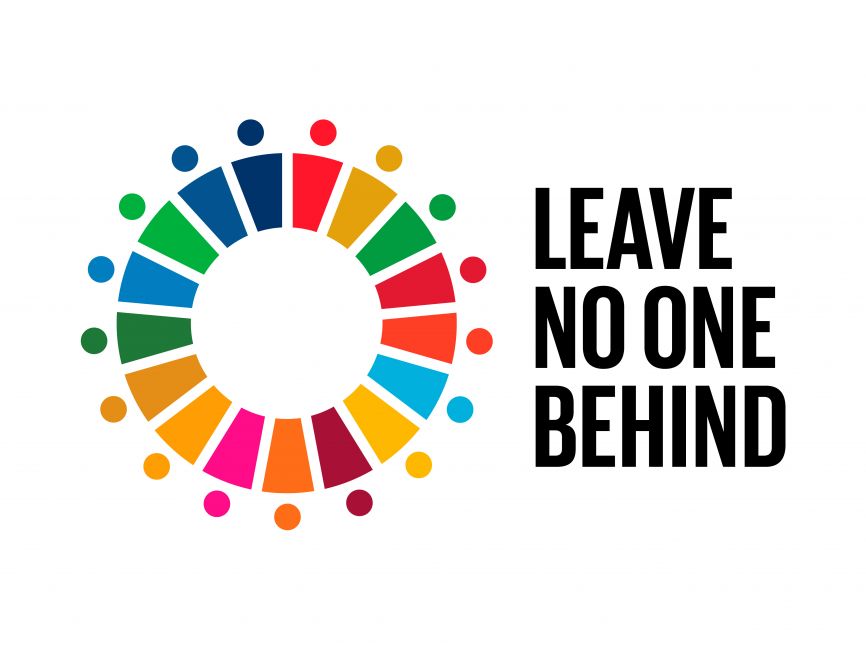
“Leave no-one behind” is the central, transformative promise of the UN Agenda 2030 for Sustainable Development and the fulfillment of the Sustainable Development Goals (SDGs). However, incarcerated people are regularly forgotten and often left trapped in a cycle of recidivism.
Richtungswechsel will change that.


